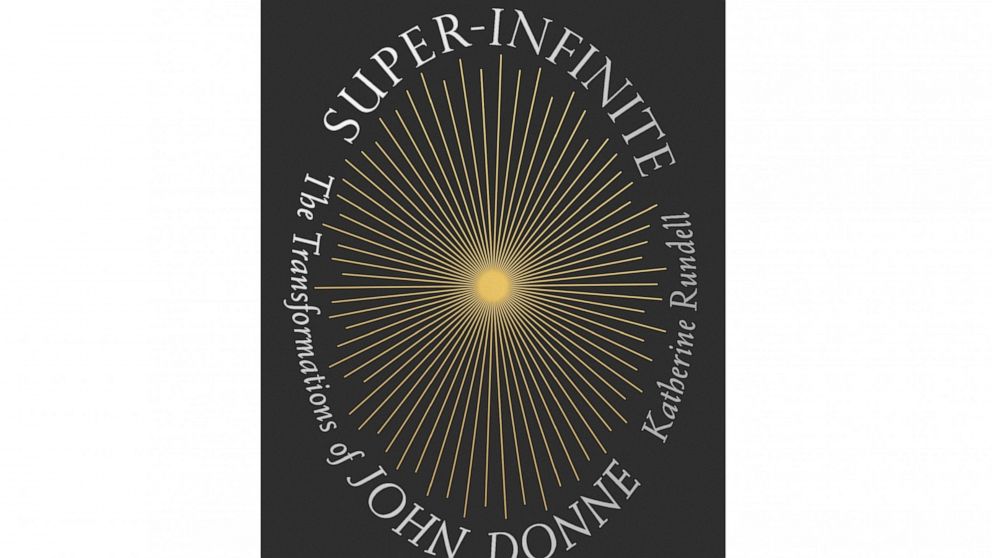

‘There was a great concourse of noblemen and gentlemen’, and in among ‘the extreme press and thronging’, as they pushed closer to hear his words, men in the crowd were shoved to the ground and trampled. Word went out: wherever he was, people came flocking, often in their thousands, to hear him speak. That morning he was not preaching in his own church, but fifteen minutes’ easy walk across London at Lincoln’s Inn, where a new chapel was being consecrated. His words, they said, could ‘charm the soul’. He often wept in the pulpit, in joy and in sorrow, and his audience would weep with him.

His congregation – merchants, aristocrats, actors in elaborate ruffs, the whole sweep of the city – came to his sermons carrying paper and ink, wrote down his finest passages and took them home to dissect and relish, pontificate and argue over.

He had been appointed the Dean of St Paul’s Cathedral two years before: he was fifty-one, slim and amply bearded, and his preaching was famous across the whole of London. It was the late spring of 1623, on the morning of Ascension Day, and Donne had finally secured for himself celebrity, for- tune and a captive audience. See /privacy for more information.The power of John Donne’s words nearly killed a man. If you'd like to learn even more, we have hundreds of history documentaries, ad free podcasts and audiobooks at History Hit - subscribe today! To download, go to Android or Apple store This episode was edited by Joseph Knight and produced by Rob Weinberg.įor more Not Just The Tudors content, subscribe to our Tudor Tuesday newsletter here. Together they explore the life and work of a man who, despite a life of extreme challenges, expressed in his verse electric joy and love. In this episode of Not Just the Tudors, Professor Suzannah Lipscomb meets Katherine Rundell, author of the acclaimed book Super-Infinite: The Transformations of John Donne, which won the Baillie Gifford Prize for Non-Fiction 2022. He converted from Catholicism to Protestantism, was jailed for marrying a high-born girl without her father's consent, struggled to feed a family of ten children and was often ill and in pain. John Donne was a scholar of law, a sea adventurer, an MP, a priest, the Dean of St Paul's Cathedral - and perhaps the greatest love poet in the history of the English language.


 0 kommentar(er)
0 kommentar(er)
